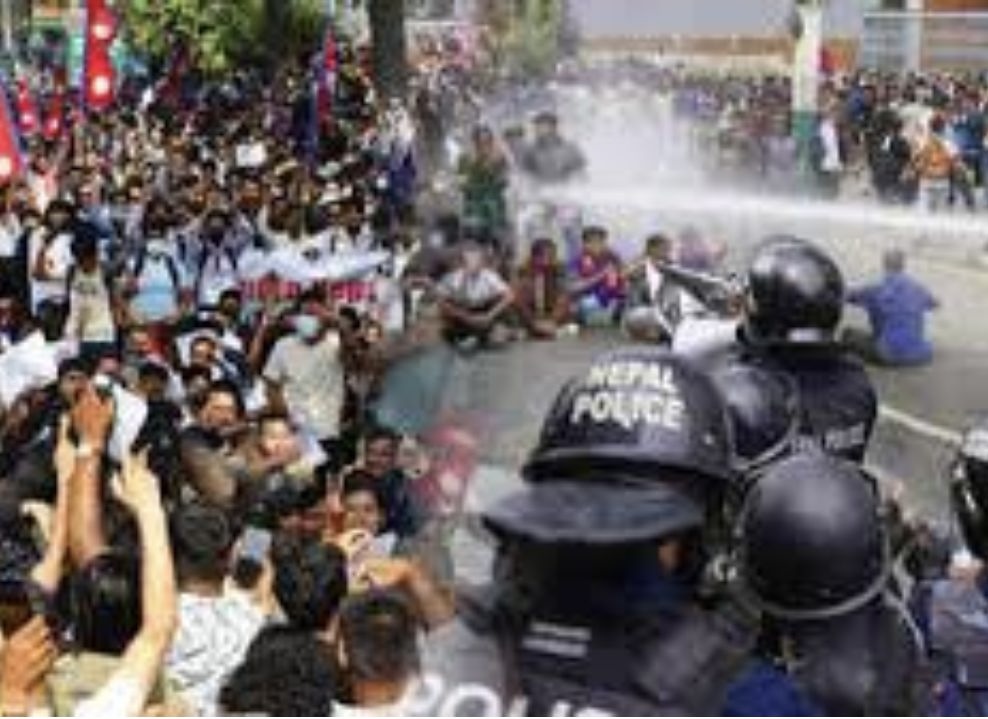
The Gen Z-led Nepal is a Must Now
The advent of a new era in Nepal, forged through the resolute action of its Generation Z, necessitates a political theory that embodies their vision and values.
A framework for proactive digital co-governance provides this foundation, establishing a system where power diffuses from a centralized authority to an empowered citizenry.
This political philosophy moves beyond mere representative democracy; it cultivates an ecosystem of continuous engagement, absolute transparency, and data-driven accountability.
This model champions the direct participation of the population, transforming citizens from passive constituents into active stewards of the republic.
This theory finds its mandate in the failures of the former regime, which centralized power, fostered corruption, and marginalized innovation. The old system, built upon hierarchical patronage and opaque decision-making, stifled the very dynamism of the Nepali people.
Digital co-governance directly confronts these pathologies. It recognizes that in a world of instant information, the public holds an inherent right to scrutinize governmental actions and contribute to policy formation. This approach dismantles traditional power structures, replacing them with a fluid, networked system that thrives on meritocracy and verifiable outcomes.
Implementation of this theory commences with the establishment of a national digital-civic platform. This platform, serving as a virtual agora, facilitates the full legislative lifecycle, from policy conception to final review.
Citizens propose bills, debate provisions, and cast votes on national and local measures, all through a secure, transparent interface. Every financial transaction, every bureaucratic decision, becomes a public record.
This radical transparency not only curtails corruption but also rebuilds the trust between the government and its people, which the previous era completely eroded.
Complementing this political overhaul, an economic transformation is crucial. The theory of digital co-governance champions a decentralized economic model. This system provides seed funding and regulatory support for small- and medium-sized enterprises (SMEs) and digital start-ups, particularly those operating outside major urban centers.
It deliberately shifts capital away from oligarchic monopolies toward distributed, community-owned ventures. This policy fosters economic resilience, creates domestic opportunities, and reverses the trend of mass migration, which has historically drained Nepal of its most talented human resources.
The immediate agenda for the transitional government involves three pivotal actions.
First, convene a National Dialogue Commission, composed entirely of Generation Z representatives and non-partisan technical experts.
This body will draft a provisional charter, outlining the foundational principles of the new state.
Second, institute a nationwide digital literacy program, ensuring every citizen gains the skills to fully engage with the new governance platform.
Third, commission a comprehensive audit of all state-owned enterprises, broadcasting the findings live and publishing them on the public ledger for all to access and analyze.
For the long term, Nepal must undertake a fundamental institutional overhaul. The educational system requires a complete re-engineering, emphasizing critical thinking, technological proficiency, and civic responsibility.
The judiciary must adopt a fully transparent case management system, digitizing all records and proceedings to eliminate backroom deals and expedite justice.
Furthermore, diplomatic relations must prioritize partnerships with nations and organizations that share these values of transparency and decentralization, ensuring Nepal's foreign policy aligns with its domestic mandate for reform.
Thus, the path forward for Nepal involves embracing this political theory of digital co-governance. This framework provides a comprehensive blueprint for building a resilient and prosperous nation.
It honors the revolutionary spirit of the youth by entrusting them with the instruments of power and ensuring their voices, amplified through technology, shape the destiny of the republic.
Nepal, guided by these principles, now prepares to write a new chapter of peace, prosperity, and unparalleled national cohesion.
Photo: Internet